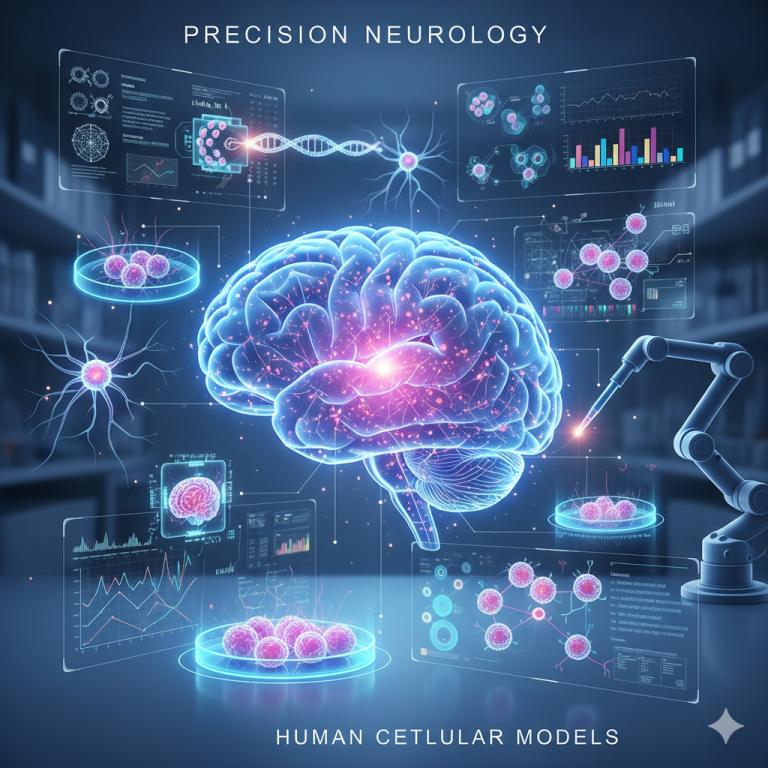
Quantum Computing
Introduction
The field of quantum computing is rapidly evolving, promising to redefine how we approach complex problem-solving across industries. Unlike classical computers, which process information using binary bits (0s and 1s), quantum computers leverage the principles of quantum mechanics to perform calculations at unprecedented speeds. Scientists, engineers, and global tech giants are racing toward achieving practical quantum computing applications that could disrupt fields ranging from cryptography to drug discovery. While challenges remain, recent breakthroughs signal that the quantum revolution is drawing closer.
Quantum Supremacy – The Milestone Where Quantum Computers Outperform Classical Computers in Specific Tasks
One of the most significant moments in quantum computing occurred in 2019 when Google announced it had achieved Quantum Supremacy. This term refers to the point at which a quantum computer performs a calculation that would be infeasible for a classical supercomputer. Google’s Sycamore quantum processor reportedly solved a problem in 200 seconds that would take the world’s fastest supercomputer thousands of years to complete.
While some skeptics, including IBM, challenged Google’s claims, the event marked a turning point in quantum research. Since then, researchers worldwide have been pushing the boundaries, attempting to develop quantum systems that surpass classical computing capabilities in practical applications, such as materials science and artificial intelligence.
Quantum Entanglement – A Fundamental Phenomenon That Enables Faster and More Secure Quantum Communication
At the heart of quantum computing lies Quantum Entanglement, a phenomenon Albert Einstein famously referred to as “spooky action at a distance.” When two particles become entangled, their states remain interconnected, regardless of the distance between them. Any change in one particle instantaneously affects the other.
This property has immense implications for secure communication. Quantum entanglement enables quantum key distribution (QKD), which allows encrypted messages to be transmitted in a way that any attempt at interception is immediately detectable. Governments and organizations working on national security and secure data transmission are investing heavily in quantum networks that leverage entanglement for ultra-secure communication channels.
Superposition in Computing – The Ability of Quantum Bits (Qubits) to Exist in Multiple States Simultaneously, Enabling Massive Parallelism

In classical computing, a bit must be in one of two states: 0 or 1. In contrast, quantum computers use Superposition in Computing, where qubits can exist in multiple states at once. This enables a quantum processor to perform multiple calculations simultaneously, exponentially increasing processing power.
For example, a classical computer solving a maze evaluates each path sequentially. A quantum computer, thanks to superposition, explores all possible paths at the same time, arriving at the solution exponentially faster. This massive parallelism makes quantum computing ideal for solving optimization problems, simulating molecular interactions, and accelerating artificial intelligence models.
Quantum Cryptography – The Application of Quantum Mechanics to Create Unbreakable Encryption Methods
Cybersecurity stands to undergo a dramatic transformation with Quantum Cryptography. Classical encryption methods, such as RSA encryption, rely on the difficulty of factoring large numbers. However, quantum computers, leveraging Shor’s algorithm, could break these encryptions in mere seconds, rendering current security measures obsolete.
To counteract this threat, quantum cryptography is emerging as a solution for future-proofing data security. Quantum key distribution (QKD) allows encryption keys to be exchanged securely using the principles of quantum mechanics. Any attempt to eavesdrop on a quantum-encrypted message alters the quantum state of the data, making intrusion immediately detectable. Nations like China and the U.S. are investing heavily in quantum-secure communication networks, foreseeing their necessity in a future where quantum computing threatens conventional encryption.
Applications of Quantum Computing – How Industries Like Healthcare, Finance, and Logistics Will Benefit from Quantum Advancements

While still in its infancy, quantum computing holds vast potential across multiple industries.
Healthcare and Drug Discovery
Quantum computing could revolutionize pharmaceutical research by simulating molecular interactions at an atomic level. Traditional methods rely on trial-and-error experiments, but quantum simulations allow for precise modeling of molecular structures, significantly speeding up drug discovery. This could lead to groundbreaking treatments for diseases such as cancer and Alzheimer’s.
Financial Modeling and Risk Analysis
The finance industry relies heavily on complex calculations to assess market risks and investment strategies. Quantum computing could optimize portfolio management, fraud detection, and high-frequency trading by analyzing vast datasets in real time.
Logistics and Supply Chain Optimization
Quantum algorithms excel at solving optimization problems, making them invaluable for supply chain management. Quantum computing could enhance route planning, inventory distribution, and delivery efficiency, reducing costs and improving sustainability for global enterprises.
Challenges in Quantum Computing – The Difficulties in Scaling Quantum Hardware, Error Correction, and Maintaining Qubit Stability
Despite its potential, quantum computing faces several critical challenges before becoming mainstream.
Qubit Stability and Error Correction
Qubits are highly sensitive to environmental disturbances such as temperature fluctuations and electromagnetic interference. Unlike classical bits, which maintain stable states, qubits are prone to decoherence, leading to computational errors. Researchers are working on quantum error correction methods to address this issue, but scalable, fault-tolerant quantum systems remain an ongoing challenge.
Hardware Scalability
Current quantum processors contain only a few dozen to a few hundred qubits, whereas useful quantum applications require thousands or even millions. Building larger quantum systems without introducing excessive errors is a major hurdle. Companies like IBM, Google, and Rigetti Computing are actively developing new quantum architectures to scale up quantum computing power.
High Costs and Resource-Intensive Development
Quantum technology requires extreme conditions to function, such as near-absolute-zero temperatures. The financial and technical resources needed to maintain these conditions limit widespread adoption. However, as advancements continue, more cost-effective quantum systems are expected to emerge, making the technology more accessible.
The Future of Quantum Technology – The Potential Breakthroughs and Real-World Impact of Quantum Computing in the Coming Decades

Looking ahead, the future of quantum computing appears promising. Researchers are exploring new materials, such as topological qubits, which are more stable and less error-prone. Tech giants and governments are also collaborating to build quantum infrastructure, including cloud-based quantum computing services that allow businesses and researchers to experiment with quantum algorithms without needing direct access to expensive quantum hardware.
Additionally, advancements in quantum artificial intelligence could unlock new frontiers in machine learning, enabling AI models to process information in ways currently unimaginable. In the next two decades, we may see practical applications of quantum computing reshape industries, from climate modeling to space exploration.
Conclusion
Quantum computing is no longer just a theoretical concept; it is a rapidly evolving field with the potential to redefine problem-solving across disciplines. From achieving Quantum Supremacy to harnessing Quantum Entanglement for secure communication, this technology is poised to revolutionize computation. However, significant challenges, such as qubit stability and hardware scalability, must be addressed before quantum computing reaches its full potential.
As we stand on the brink of the quantum era, the coming years will determine how quickly this transformative technology integrates into our daily lives. Whether in healthcare, finance, cybersecurity, or logistics, the impact of quantum computing will be profound, ushering in a new age of innovation and discovery.




